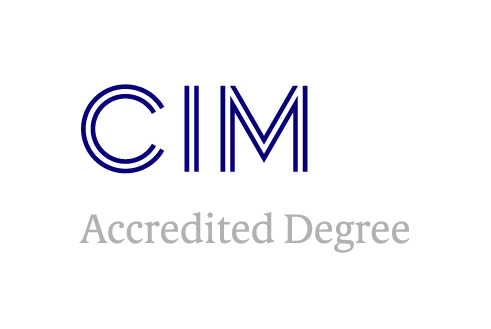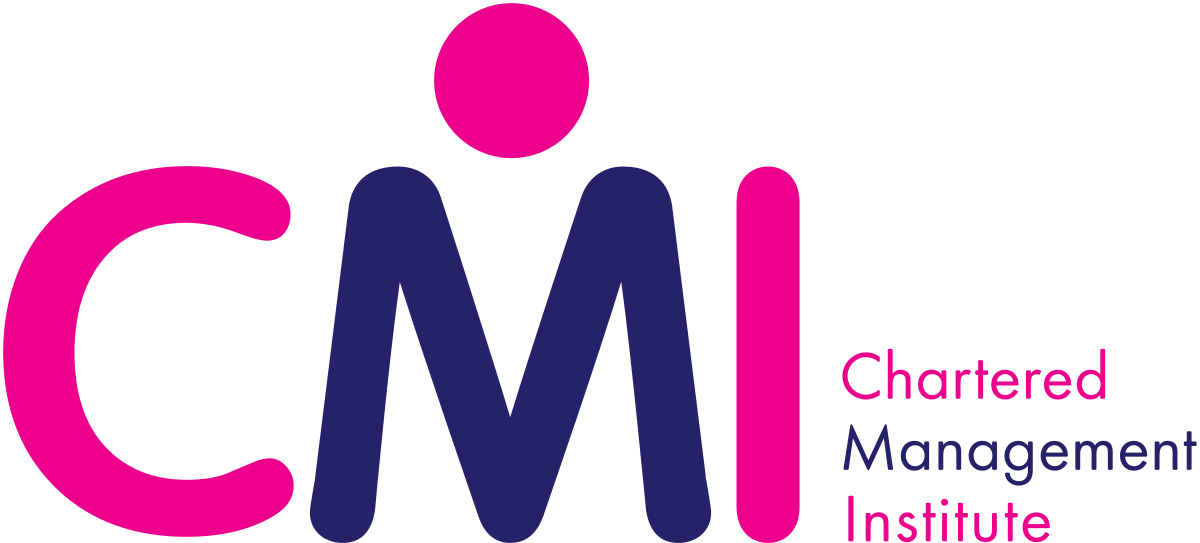Entry Requirements
-
A second class first division- or second class second division and third class undergraduate
honours degree from a UK university or Nepalese equivalent Bachelor’s Degree in any stream.
- A Letter of Reference from a tutor who has supervised the Applicant’s Undergraduate Studies
and/or Employer.
- Students may apply for Recognition of Prior Learning (RPL) subject to the guidelines set out in
the RPL Handbook. RPL includes accreditation of prior certificated learning and /or
accreditation of prior experiential learning.
English Proficiency
Applicant must submit an Evidence of English Language Competence i.e. A letter of
certification from the previous institute (For e.g. College/University where bachelor’s
degree was studied) confirming that the applicant’s undergraduate degree has been
delivered and assessed in English medium.
Applicants not meeting the aforementioned criteria for English can demonstrate their English
proficiency
with any one of the following internationally recognised English Tests:
-
IELTS Overall Score 6 with minimum 5.5 in each component
-
Pearson PTE (Academic) overall minimum 50
-
Cambridge Certificate of Proficiency in English (CCAE & CPE) with minimum scores of
162 in Listening, Reading, Writing and Speaking
-
TOEFL iBT overall minimum 60
Applications are also welcome from individuals who do not possess the above qualifications
but who have significant management experience and are able to demonstrate previous
non-certificated learning equivalent to the above. In such cases, admission to the
programme will be based on an evaluation of the applicant’s ability to continue to benefit
from and achieve the award.










